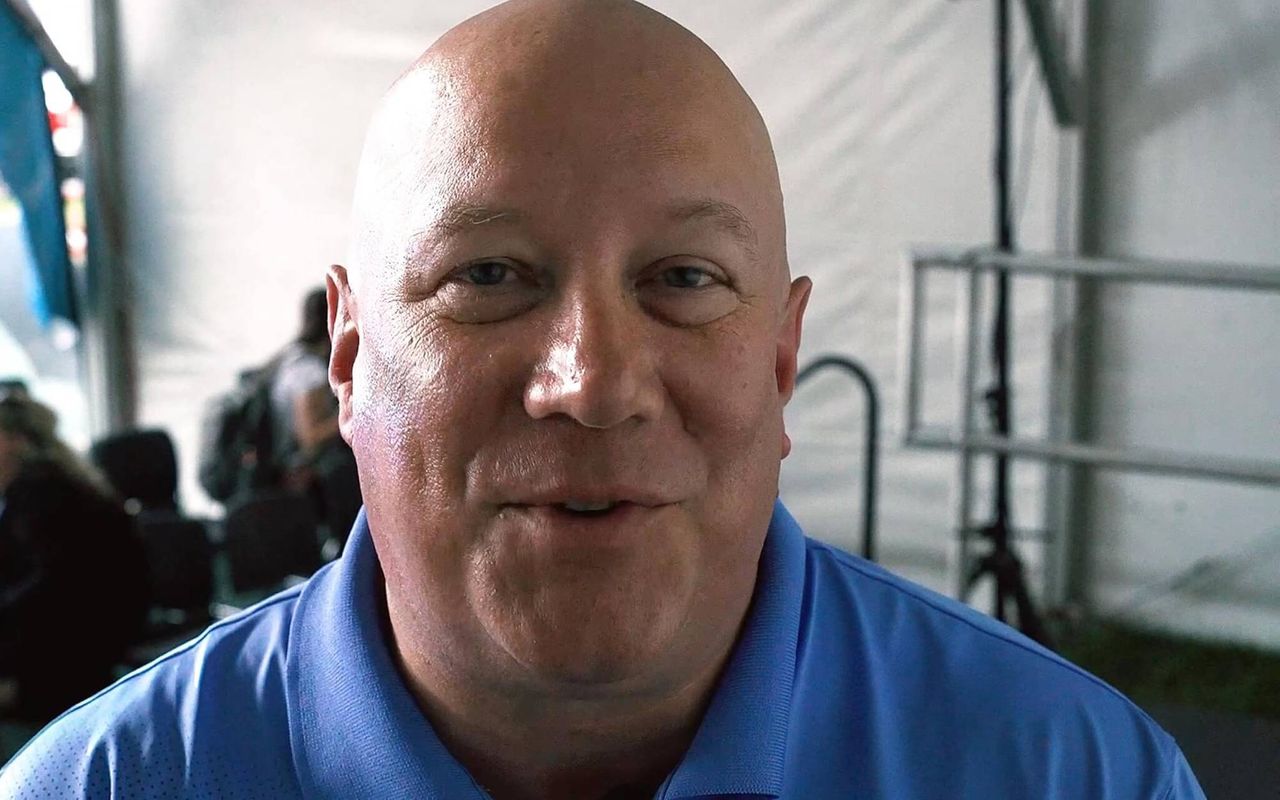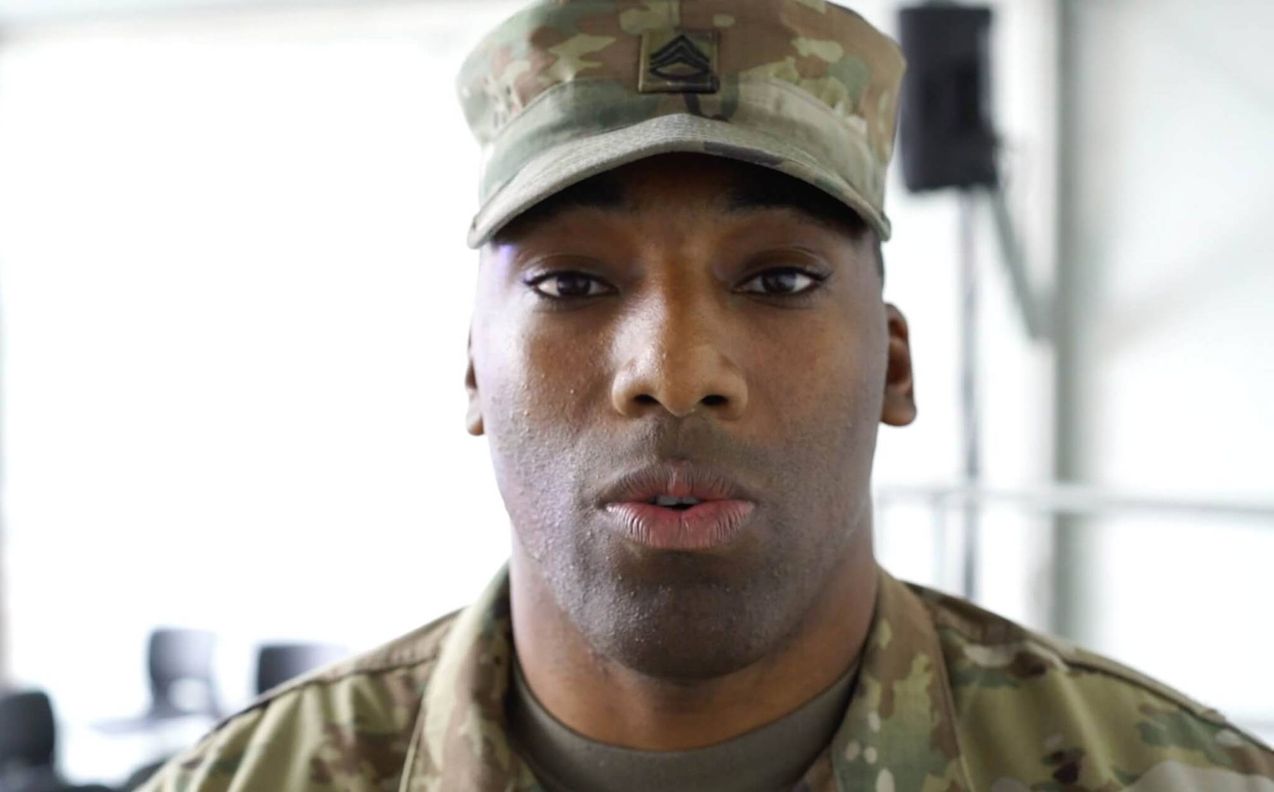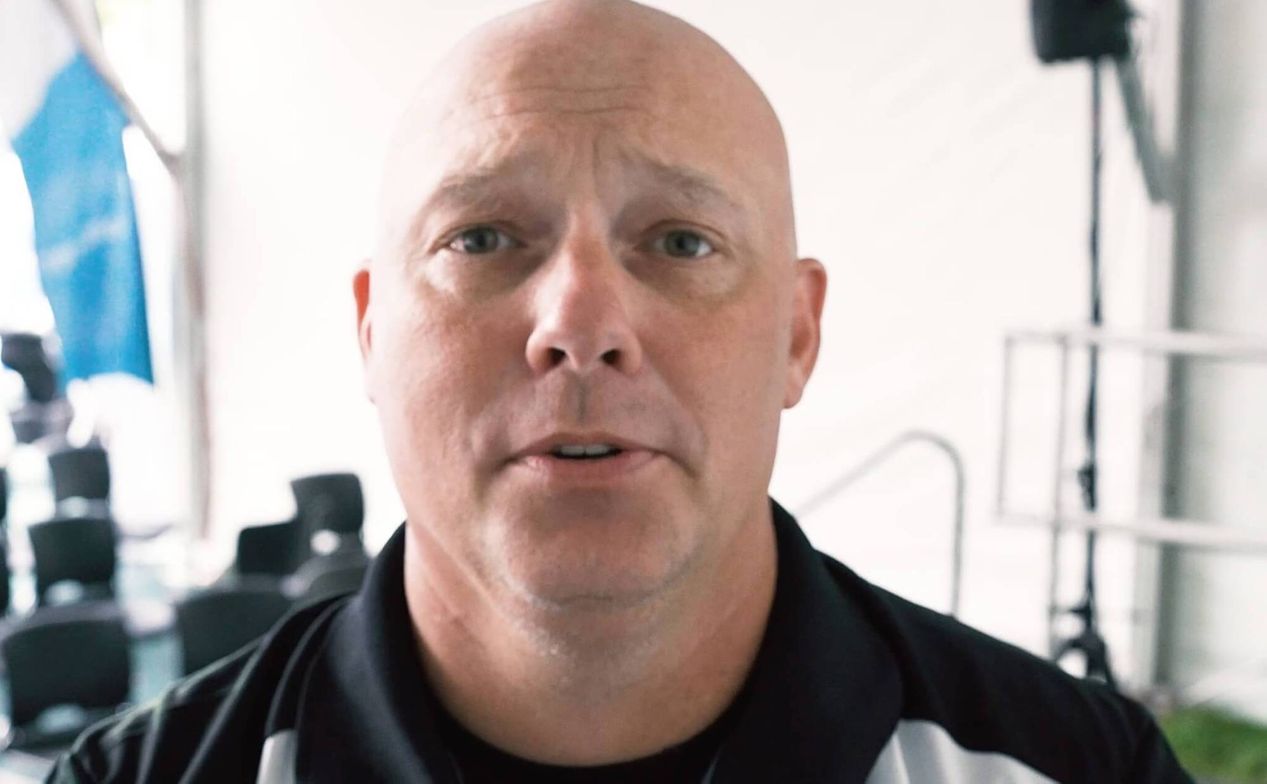7 Veterans Share What Veterans Day Means to Them
The Minnesota State Fair, with its glittering Midway lights, an endless legion of people and all the fried foods on a stick, also has a history of honoring the men and women who serve our country. This year, the Fair's Military Appreciation Day provided a backdrop to interview a handful of U.S. service members, past and present, about what Veterans Day means to them. Not surprisingly, the women and men who appeared on-camera shared their respect for both those who served before them, with them and for those who will wear the uniform in the future. Summing up the sentiment of the day, Sgt. Jaret Smith of Blaine, Minn. explained, "This day recognizes those who have done it and those who are about to do it."
And the observance of the day has a rather interesting history.
The First Armistice Day
But what exactly are the origins of Veterans Day? The 11th hour of the 11th day of the 11th month marked the end, or the armistice, of the first World War in 1918. One year later, in 1919, the first Armistice Day was recognized as a way to celebrate the end of the war.
A Tragic Day in Minnesota History
In 1940, a fast approaching, freak November blizzard covered much of Minnesota under several feet of snow. The storm is referred to as the Armistice Day Blizzard.
Armistice Day in 1940 Minnesota started out as a 60-degree autumn day and would end as one of the state's worst snow storms. The blizzard blew in quickly and dropped more than two feet of snow on many areas of the state.
Motorists were stranded. Anglers were left ill-prepared and, in some cases, succumbed to the weather while sitting in their boats. Children playing in the street in short sleeves during the day sought cover from the storm wherever they could. As the storm subsided, nearly 50 lives were lost and survivors were left with an indelible imprint.
As a result of this particular storm, Minnesotans no longer relied on weather reports originating from Chicago, creating a local authority around weather reporting that allowed for more accurate projections.
Armistice Day Becomes Veterans Day
In 1954, President Dwight D. Eisenhower changed the name of Armistice Day to Veterans Day and, in turn, changed the focus of the day to honoring those who had served in our armed services.
From the 11th Day of the 11th Month to the 4th Monday in October - and Back Again
Despite the fact that the U.S. was swept up in a tumultuous, controversial conflict in Southeast Asia in 1968, Congress passed the Uniform Holidays Bill, moving Veterans Day to the 4th Monday in October. This law went into effect in 1971. In 1975, President Gerald Ford cited the historical significance of the November 11th date and switched Veterans Day back to the 11th day of the 11th month.
An Idea for Future Veterans Day
So where does that leave us today? Renowned military journalist, writer and filmmaker Sebastian Junger has a a new idea about how the day might be observed - one that he believes will help the veterans of our more recent wars heal and, in turn, will allow civilians to better understand their military experiences. On Veterans Day, Junger wishes Americans would visit the country's city halls for a day of sharing. Think of it as an open mic day for those willing to share what their military experience means to them and what veterans want civilians to understand about the significance of the day.
Shifting the Focus
The veterans interviewed at the State Fair on Military Appreciation Day all spoke about the importance their families have played in their own military careers.

According to Larry Herke, the commissioner of the Minnesota Department of Veterans Affairs, "Many people don't understand the sacrifices family members go through. Families play an important role and they need to be recognized for what they do in supporting their loved ones and being a part of the team."

The support of family is key to Sgt. Smith as well. "They really understand this is not a job. This is not something where I'm just clocking hours. This is a passion of mine that I've decided to do for a long, extended period of my life."

Sgt. Scott MacKinnon of Chanhassen, Minn. acknowledges both his family for providing the support he needs to keep on doing what he does and the entire state of Minnesota for "always welcoming us back with open arms. It's amazing to be here".
The ripple effects of war are intense and wide-ranging, impacting soldiers, medical personnel, family members and refugees. Discover their stories in the collection The Call to Server: Stories of Sacrifice, War and the Way Home.
Wonder what it's really like for the family of a deployed soldier? One woman shares her firsthand perspective on juggling motherhood, household tasks, a brutal winter and broken appliances while her husband is deployed overseas.
Writer Doug Bradley is both a Vietnam War veteran and also considers himself “part of the Woodstock generation.” In “Caught in the Devil’s Bargain,” he draws parallels between the war and the concert in an effort to show that “like so much about the 1960s, the Woodstock-Vietnam dialectic is a lot more nuanced, much more convoluted… A touch of grey if you will.”
